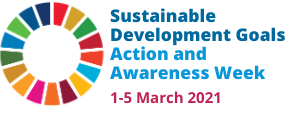SDG Week 2021
March 1-5, 2021, marks the first Sustainable Development Goal (SDG) Action & Awareness Week! Participate all week long at MSU with activities and programs that support the SDGs.
Online RELAX Series: Alternatives to Anger by MSU Extension
March 1 - 4, 4:00 - 5:30 pm
Alternatives to Anger is a four-part educational series designed to help adults, parents and caregivers increase their knowledge about anger issues and put anger management and healthy relationship skills into practice. Through presentations, group discussion and skill-building activities, participants learn what anger is, what triggers anger, calming down and de-stressing methods, the principles of problem solving, effective communication skills and forgiving and letting go of the past.
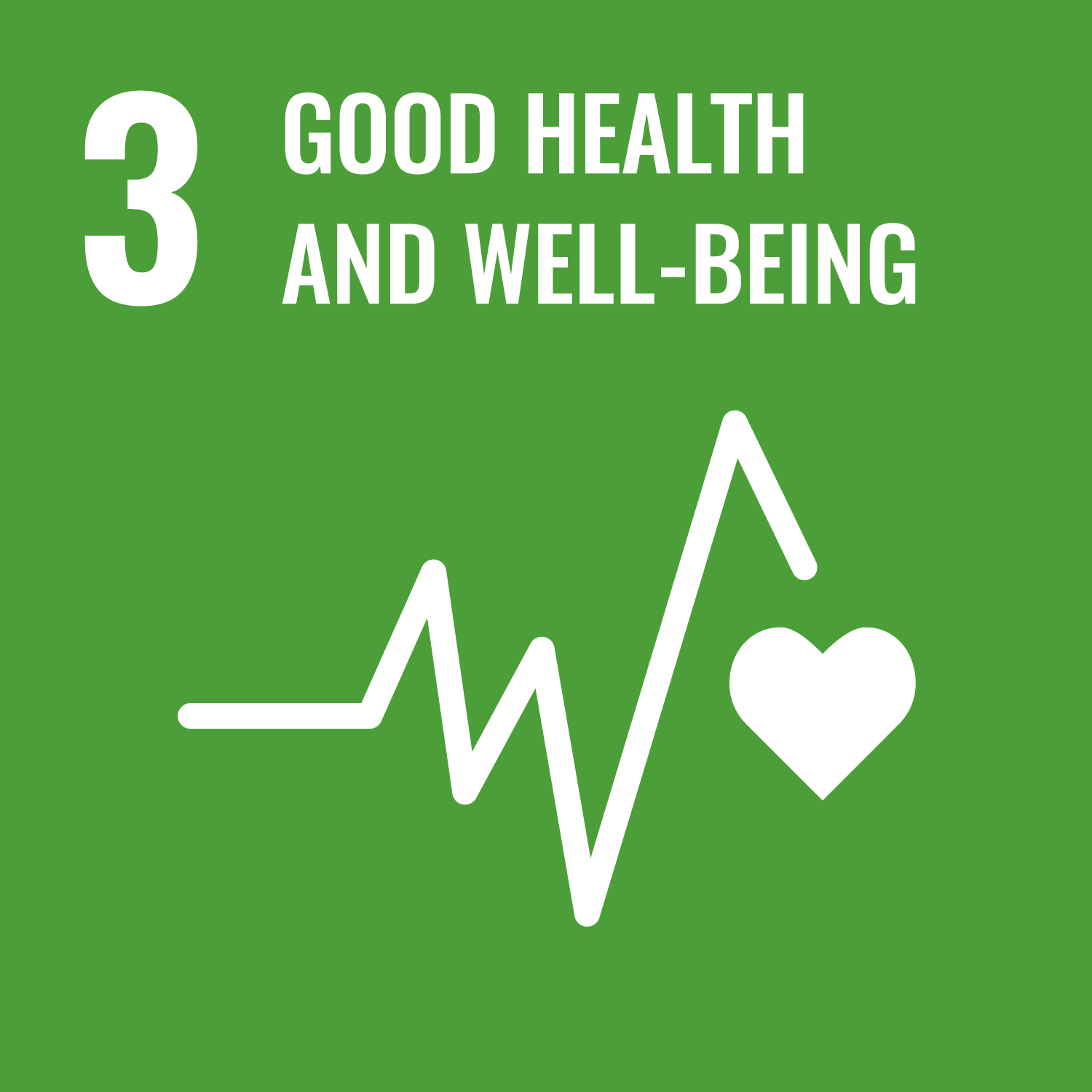
March 2 and 3, 9:00 - 11:40 am
Farming systems are complex physical and biological systems integrating fieldwork, crop rotations, nutrient cycling, pest regulation, and other interactions. Some producers are redesigning their cropping systems guided by agro-ecological principles whereby soil health and essential ecological services accrue in mutually supportive ways. They are actively involved in devising, testing, and evaluating new and innovative practices on their farms, not just adopting introduced technologies. Conference attendees will learn from university research and field experience; local intergovernmental organization project experience; and producer innovation and networking experience.
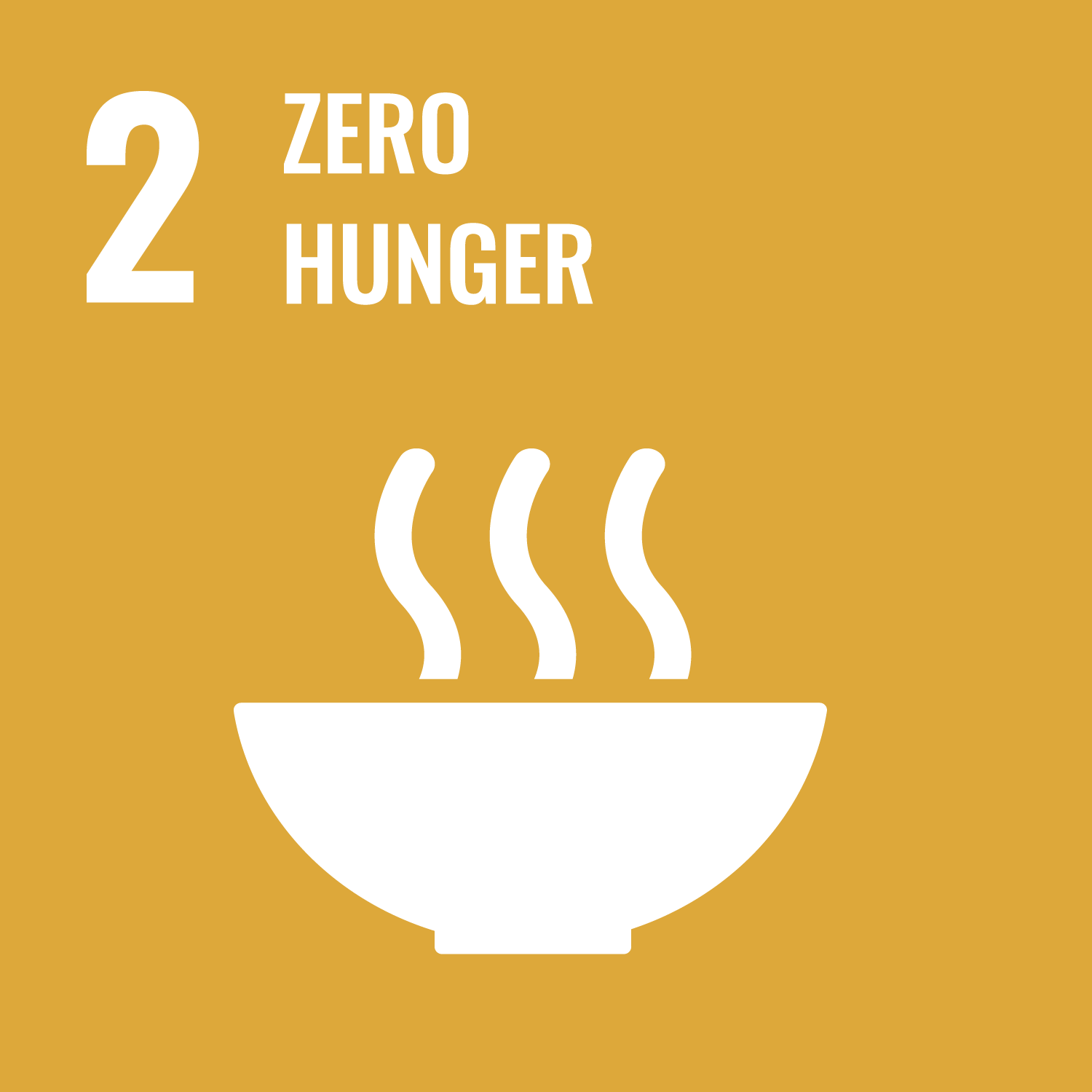
Calling in with Loretta J. Ross presented by One Book One Community
March 2, 7:00 - 8:00 pm
In partnership with the Dr. Martin Luther King Jr. Commission of Mid-Michigan, the East Lansing-MSU One Book, One Community program will host “Calling in with Loretta J. Ross,” featuring a 30-minute presentation on calling in the calling out culture — the subject of Professor Ross’s forthcoming book, “Calling In the Calling Out Culture: Detoxing Our Movement.” Following Professor Ross’s presentation, East Lansing Public Library Director Kristin Shelley will moderate a conversation with the activist and scholar.
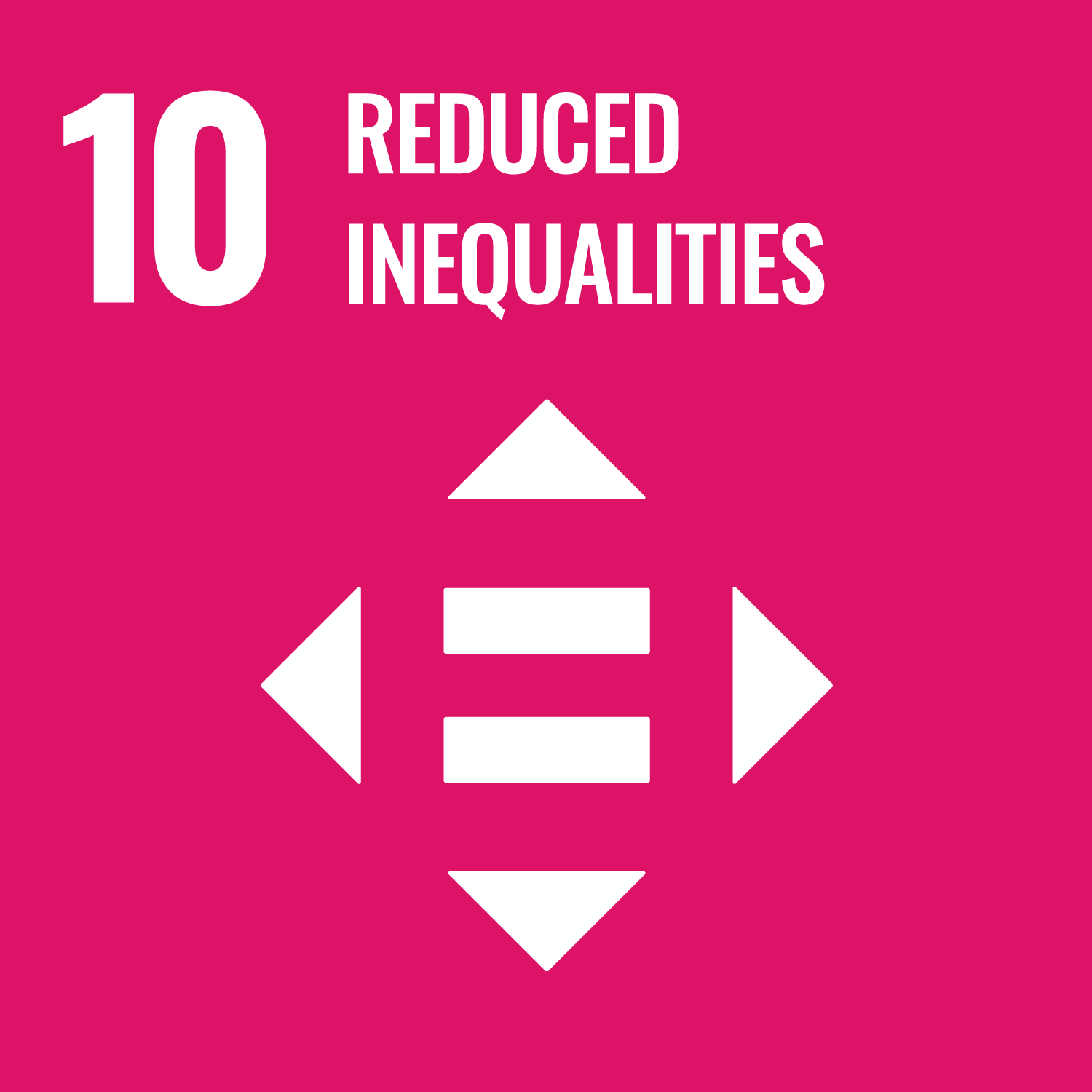
Rising to Our Responsibility: Moving Beyond "Back to Normal"
March 3, 7:00 - 8:00 pm
The United States has a new presidential administration, teachers are beginning to be vaccinated, and schools are returning to face-to-face instruction. But in the wake of the insurrection at the Capitol and an ongoing global pandemic, educators and our students are still living through unprecedented times. During this session, our panel will discuss: What are our responsibilities now? Do we want to go back to normal? Do we want to go back to the world before the last four years? Before the pandemic? How do we move forward into a new, better educational future?
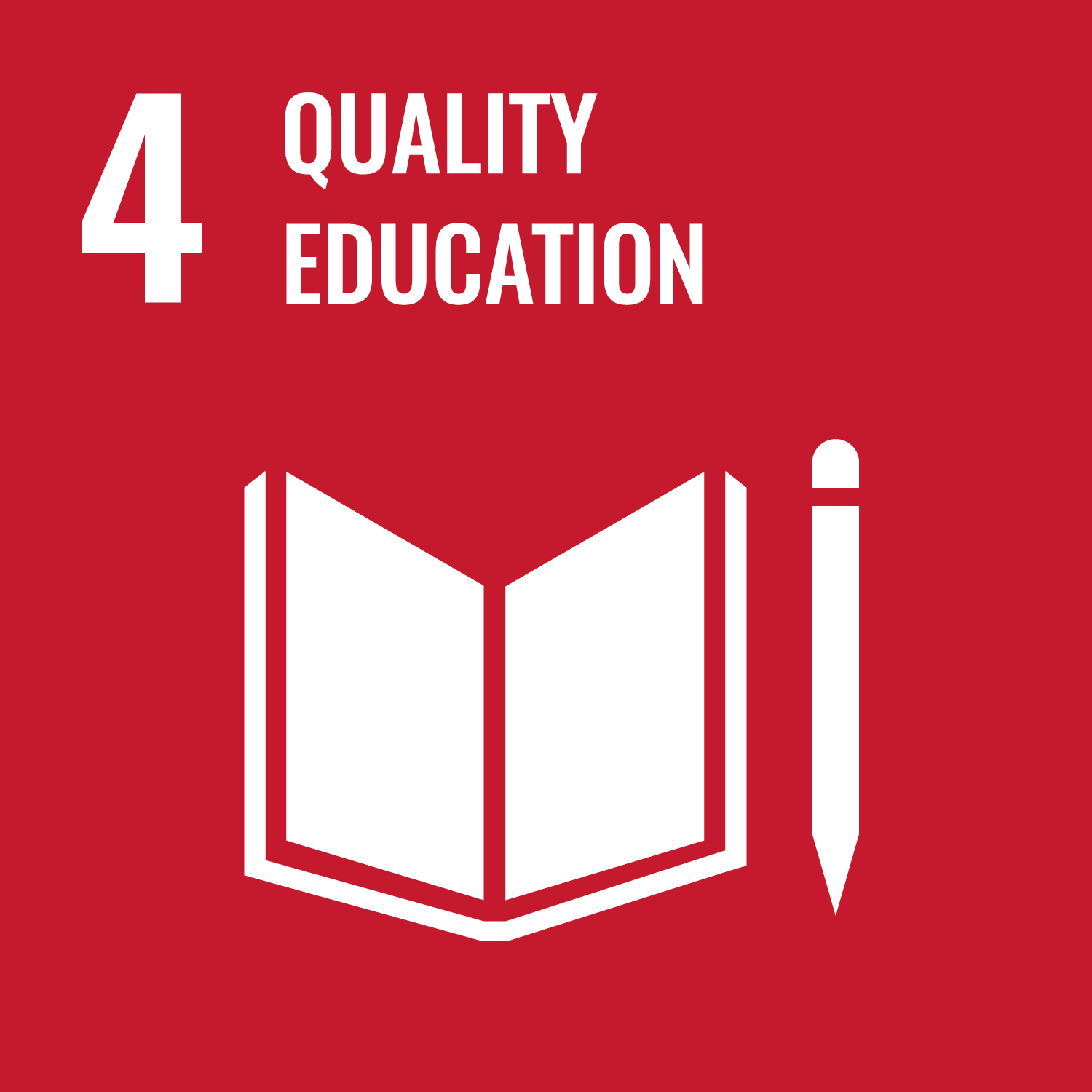
Muslim Journeys: I Was Their American Dream by Malaka Gharib
March 3, 7:00 - 9:00 pm
I Was Their American Dream is a graphic memoir about Malaka Gharib's identity and culture. This event will feature a short presentation from Dr. Anna Pegler-Gordon (James Madison College, MSU), followed by small group discussions of the book led by graduate students and question and answer time. Free and open to the public. Presented by MSU Muslim Studies Program and MSU Libraries. Part of the MSU Comics Forum.

SDG 4.7: The Path towards Quality Education
March 4, 9:00 - 10:00 am
This discussion, hosted by the Global Challenges University Alliance (GCUA 2030), will address the pivotal role of higher education institutions in providing all students not only with the knowledge they need in order to contribute to the implementation of Agenda 2030, but also with the skills and competencies necessary to make a meaningful contribution to future societies. Using target 4.7 as a starting point, presenters will highlight concrete examples from GCUA 2030 institutions, a global network of partners with a common vision of contributing to sustainable, global development.

WACSS Anti-Racism Insight Series: "Intersectionality as Lived Experience, Radical Theory, and Social Justice Activism" Presented by NiCole T. Buchanan, PhD
March 4, 10:00 - 11:00 am
Society and individuals have been slow to incorporate intersectionality as a concept and as a framework for informing our work, which limits the potential impact of theory, praxis and activism. In this talk, I will review intersectional theory and praxis, examine resistance to fully incorporating intersectionality, and highlight ways we must shift to be truly intersectional. Finally, I will issue a call to resist the tendency to dilute and depoliticize intersectionality theory and disconnect from its social justice framework.

Chair Yoga with MSU Health4U and Recreational Sports and Fitness Services
March 4, 11:00 - 11:45 am
If you can sit in a chair - you can do yoga! Chair yoga adapts some of the traditional poses of yoga to be done while seated or while standing and using the chair for support. Stretching, reaching, bending, breathing, and no mat needed! Perfect for busy days when there's no time to change into exercise wear.

March 4, 12:00 - 1:00 pm
Launched in 2017, the SDG Dashboard is a collaborative visualization tool and analytical platform that shares data about how institutions are addressing SDGs in their practices and outcomes. This interactive workshop will guide participants through the SDG Dashboard creation process. In addition to discussing the importance of the SDGs and data-sharing around the SDGs, we will walk through the initial data entry using a shared, open-source data sheet that all participants can engage with live with hands-on guidance from our team. During this activity, the participants will be taught the core fundamentals of our SDG Dashboard building process we use on our Higher Education SDG Dashboards around the world. The end result is a collaborative, diverse, data visualization SDG Dashboard that we will provide every member access at the end of the workshop.
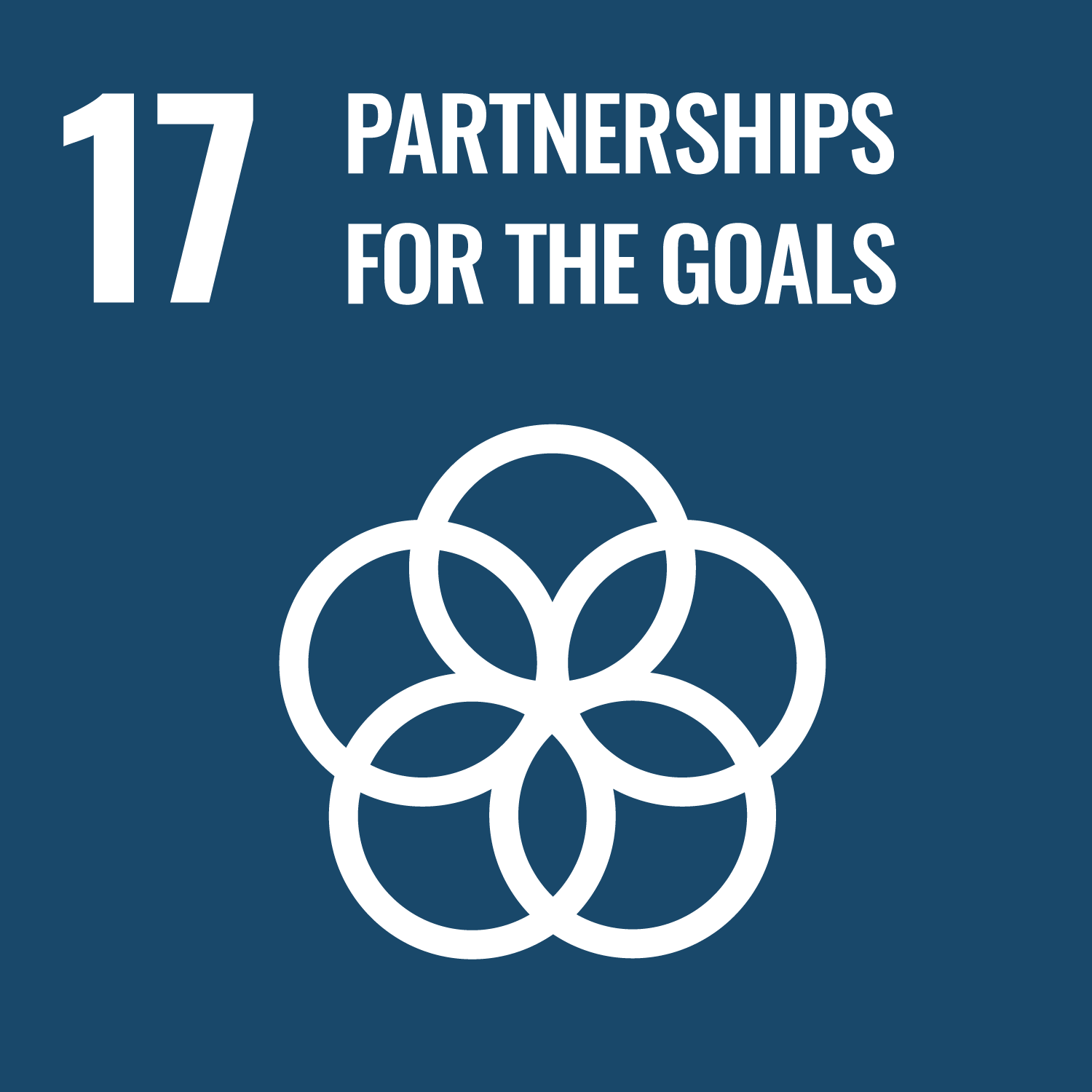
Trans Liberation: In the Fight for LGBTQ Rights and Immigrant Rights
March 4, 7:00 - 8:30 pm
Jennicet Gutierrez is a transgender Latina organizer from Mexico. Jennicet believes in the importance of uplifting and centering the voices of trans women of color in all racial justice work. She works to end the deportation, incarceration, and criminalization of immigrants and all people of color.
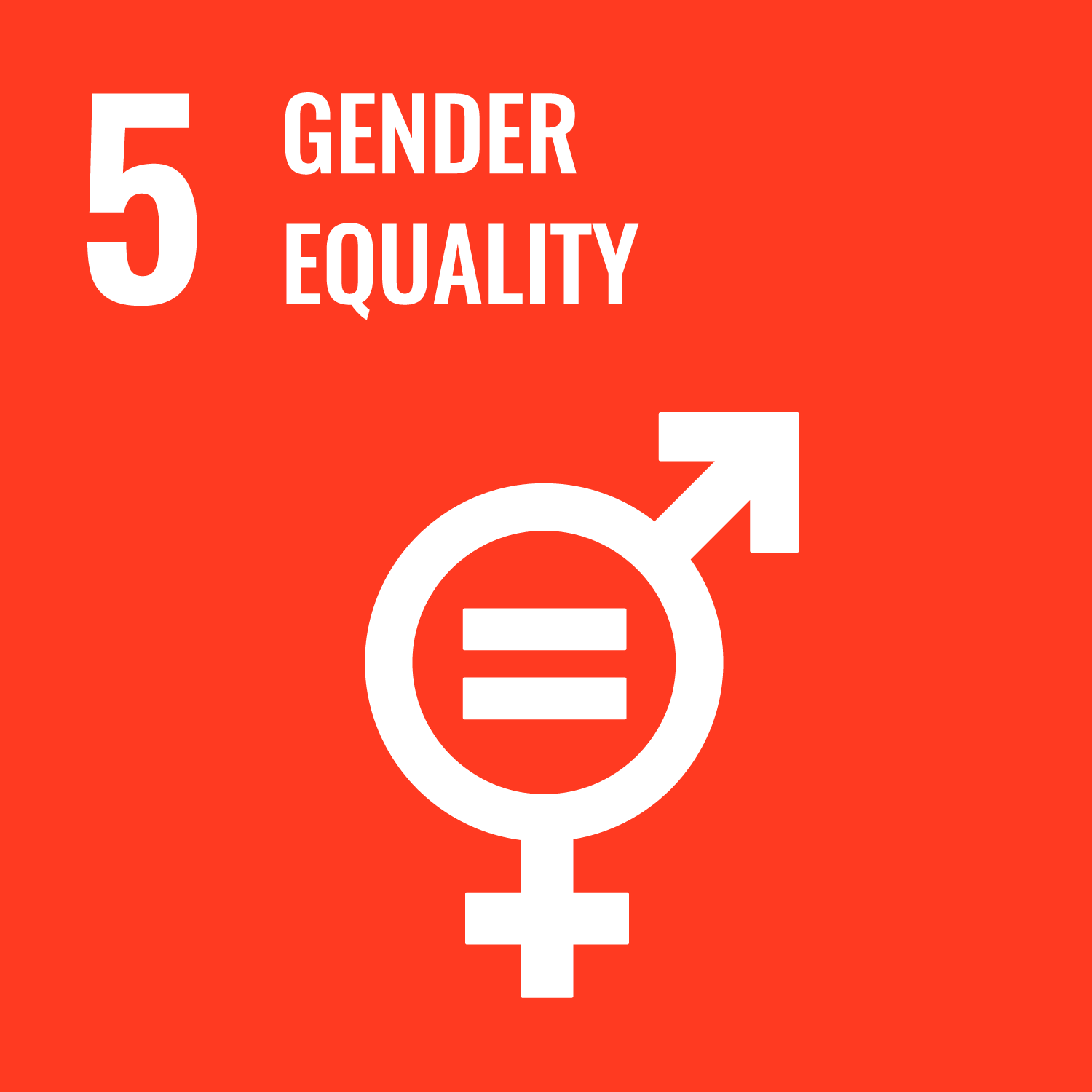
Film Screening of The Story of Plastic, hosted by PIRGIM
March 4, 7:00 pm
The Story of Plastic was made to reveal the ugly truth of how plastics pollute and harm the Earth from the start of production to its disposal. It gives us a timeline of global plastic pollution and the bigger industries that have played a role in minimizing the reality of our current crisis. Following the movie, we will be having a small discussion to talk about how we can address the problem, not only in our own lives and communities, but also at the source. Connection information: https://msu.zoom.us/j/93268026771 | Meeting ID: 932 6802 6771
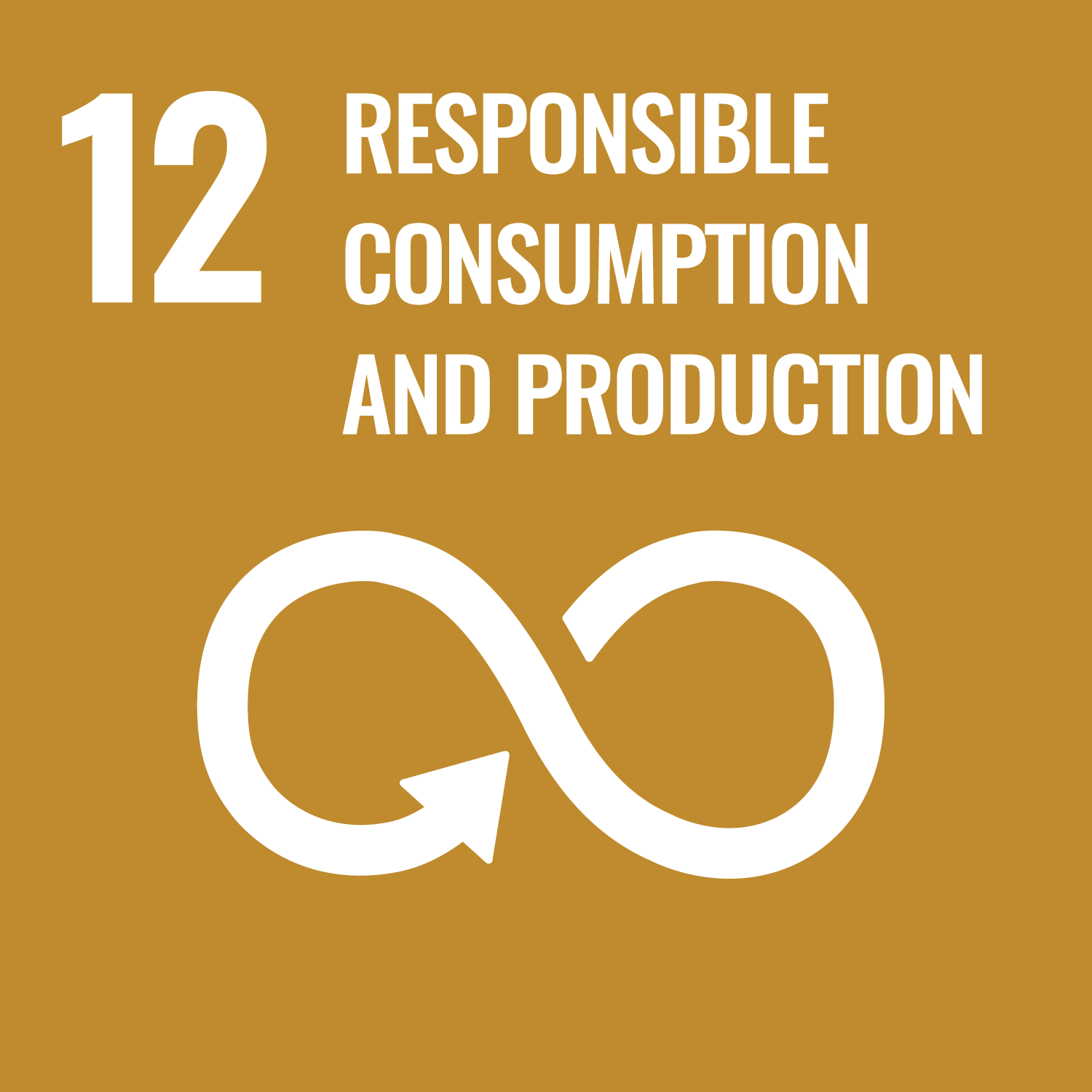
March 5, 1:30 - 3:00 pm
The Syrian refugee crisis is one of the largest and most pressing humanitarian issue of our time. Professor Sayed will present her research on the Syrian refugee crisis in Lebanon from the perspective of medical and healthcare needs. Drawing on ethnographic material, and research conducted with United Nations agencies and local NGOs in Lebanon, Professor Sayed analyzes how Syrians negotiate and obtain health and social services. Her research exposes the national and international institutions and infrastructural powers that produce and limit Syrian refugees' political mobilization and accessibility to health services. Her research analyzes the critical intersections between global public health concerns and refugee politics.

Education Emancipatory Education Speaker Series: Leslie Gonzales
March 5, 6:30 - 8:00 pm
What should education look like post-COVID? How do we get there? Many are looking forward to a time when we can go back to “normal” in education; however, that “normal” wasn’t working for too many of our children, youth, families and communities. While we await the distribution of the COVID-19 vaccine, we have an opportunity to imagine what a post-COVID education system can and should look like. This event is hosted by San José State University and features Leslie D. Gonzales, an associate professor in the Higher, Adult, and Lifelong Learning unit at Michigan State University. She also serves as an affiliate faculty member in the MSU Center for Gender in a Global Context and Chicano/Latinx studies.



